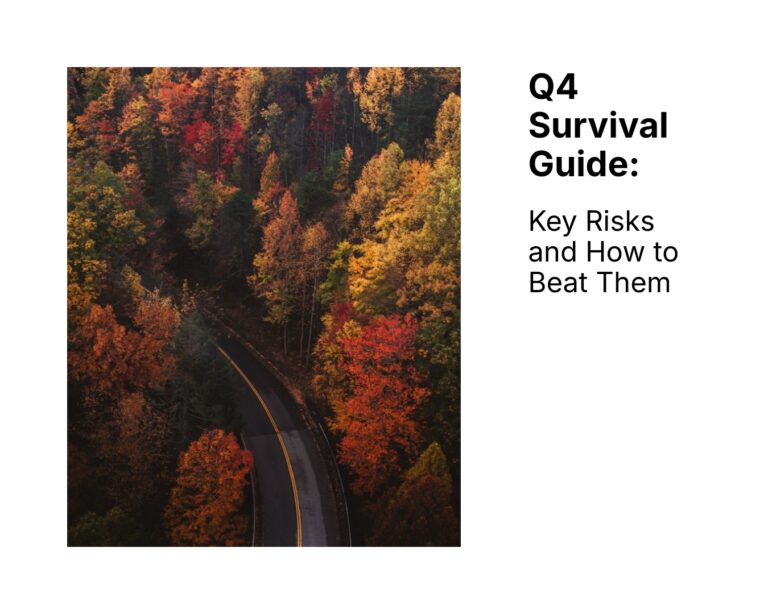Smarter Not Harder – 6 steps to Make Year End Hassle Free
I for one can’t believe that we are already nearly at the end of November. The list of things piling up on my ‘to do’ list is growing at an alarming rate and that’s not even counting Christmas, which I know is just around the corner.
As the rest of the world starts 2016 with fresh eyes, full of hope and promise for the new year ahead, finance folk are busy working away on last year, sometimes for months, sometimes until midnight! So to give yourself a head start, it pays to do some of the hard work now.
There are several things you can do now as prep work that will save you time and hassle in the long run. Here’s my 6 step checklist of how to make the process easier by working smarter not harder – I promise it’ll put you in a really strong position to help avoid those stress-induced migraines.
- COMMUNICATE – now to staff that year end is approaching. Explain what they need to do and agree with them when it will be done by. There are always a few who’s expenses are notoriously late. Tell everyone they need to get their expense claims in before the end of December. You don’t want to spend half of February working out accruals for expenses.
Plus ask staff to tell the accounts department of any supplier invoices they are expecting but have not received yet, so you can start working on your accruals spreadsheet now.
- FAKE IT. I like to do a “pretend” year end at the end of November.
In this I ensure that
- all balance sheet accounts are reconciled
- I have back up for every account
- there are no missing bank statements
- I have the last month or two of supplier statements and that they have been reconciled.
- Fixed assets in the register are actually still in the building
- Also, if you are large enough to need an audit, ask your accountants for their “to do list” now and allocate a person per item so it is their responsibility to get that area organised.
If you can get most things you need into an audit file before the end of December, then you just have to add the last months worth, it once you’ve closed December.
- ANTICIPATE what is going to be asked of you.
- do you have a “sundries” account? Your accountant will want to know what’s in there. Have a look, move it to another nominal code, or make a note of what the items are.
- Your financial statements will have to disclose Directors’ remuneration separately. So dig into your salaries account, and break out any Director’s salary, so you know what it is.
- If you have projects that fall over the year end period, make sure you have accurate backup showing what percentage of revenue you will take into this year, and how much into the next. Timesheets are great, if this is appropriate for your business.
- Have copies of invoices ready in a file for large capital expenses.
- NEGOTIATE your accountant’s fees BEFORE the work is done based on the work produced NOT the time taken. You can’t negotiate once the work is finished, so make sure you know what it’s costing you. You also need to know how much to accrue in accounting fees.
- DESIGN your year end management accounts now. Try to make them a little more colourful and informative than your usual monthly accounts pack. Decide what to include now, and set everything up so it just needs to be pullulated when the figures are ready. This can take time to set up, so do the hard work now. Plug in the numbers later. Things to consider including are:
- a growth chart, (if growing) for year on year comparative
- Client or product profitability
- Head count analysis
- Consider extra analytics that are appropriate for your industry
- TAX PLANNING – No one wants to pay more tax than they need, so consider (or ask an accountant) what tax reliefs and allowances may be applicable to you and your business and make the most of them. This is not tax avoidance, just tax saving opportunities that enable you to only pay what you need.
Consider any or all of the following… capital allowances, pension contributions, fixed assets/depreciation, capital gains tax allowances, UK tax residence position, the timings of dividend and bonus payments, gift aid, company share option plans, share incentive plans.
And finally…
Note…Capital allowances for sole traders, partnerships and companies has been reduced to from £500K to £25K from 1 January 2016. And tax on dividends increases next spring.
Don’t forget…Use the Year End process to review the year just gone and assess what could be improved on. From that create a plan for the year ahead.
Good luck & see you on the other side!









